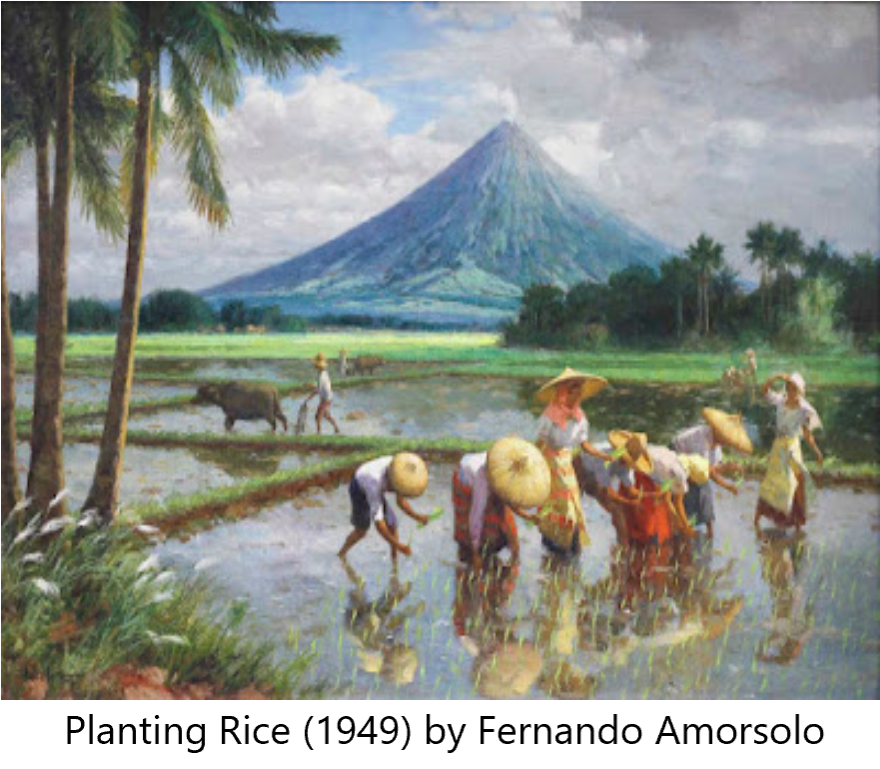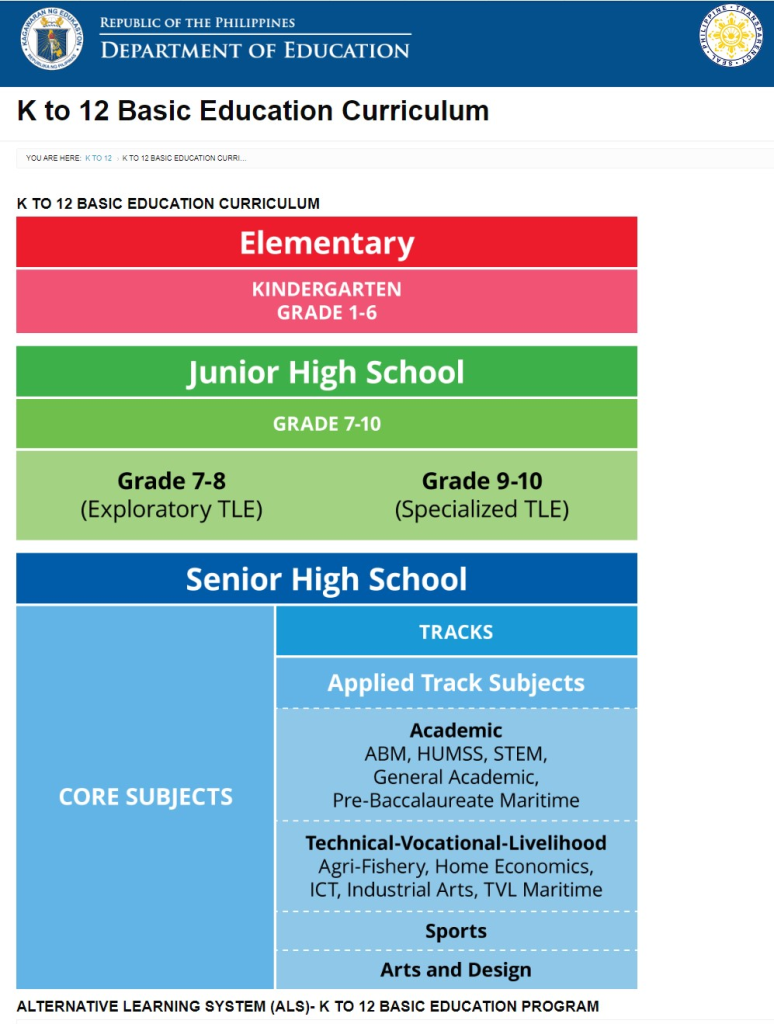A view from a developing economic nation.
This updated story was first published May, 18, 2020

Have you ever had a glimpse of what is life in the 3rd World Economic Country? Can you imagine how poverty envelops most families there?
Allow me first to tell you about it and the hope we as Filipino people share in education of our children.
A Philippine Folk Song acknowledges that Planting Rice is Never Fun. I say this to stir your imagination on the hardships that farmers undergo to produce the food we serve on the table in our island country:

Rice Planting
Planting rice is never fun
Bent from morn till the set of sun,
Cannot stand and cannot sit,
Cannot rest for a little bit.
Planting rice is no fun
Bent from morn till set of sun,
Cannot stand, cannot sit,
Cannot rest a little bit.
Oh, come friends and let us homeward take our way,
Now we rest until the dawn is gray,
Sleep, welcome sleep, we need to keep us stronger
Morn brings another workday long.
Oh, my back is like to break,
Oh, my bones with the damp still ache,
And my legs are numb and set
For their long soaking on the wet.
It is hard to be so poor
And such sorrow and pain endure,
You must move your arms about,
Or you’ll find you must go without.
https://filipinofolksongsatbp.blogspot.com/2011/01/filipino-folk-song-rice-planting-lyrics.html
For people living in a First World economic country, readers of Mr. Liston’s blog may find it difficult to picture our Third World hardships. Google has reference to this Philippine folk song illustrated in pictures. A visit there will help readers realize the difficulties farmers experience in producing the food we eat. Rice is a staple food in our culture.

My point is this: Rice will not grow without our human touch. Farmers must wade in muddy fields, bending to plant through the entire day. After planting, farmers must spend most of their times under the heat of the sun to weed and protect the plants from pests until the grains can go through the growing and ripening process before harvest.
My own family members are mostly hands-on farmers. Nobody among us is exempted from working the farm.
It was this life of hardship that motivated me as a young woman to pursue higher education. I promised myself that I will make a difference in my life by making a difference in other’s lives. I determined I will go back to the farm not as a laborer–who tools in the muddy fields, plants seeds, and becomes sunburned under the heat of the sun all the days of my life. I aspired to impact future generations!
Gaining higher education is not easy for poor Filipinos. It takes cooperation between parents and children. Children must value every cent their parents spend in sending them to school. Children also must be patient, diligent and persevering in walking the sometimes long distances to reach school and return home after a day of learning.
As a child during my primary years, I walked a kilometre through tall grasses to reach my school. Learning occurred over a whole day session; I brought my lunch of rice and dried fish. I relied on the fruits I picked from trees along my way for snacks.
After my primary years I left my family in the village and went to stay with my grandparents in another town at age 12 to continue my secondary program. There were no public high schools so I enrolled in a private school managed by Catholic nuns. There I had to wake up so early, and walk three kilometres to school and return the same distance in the afternoon. We had no means of transportation; we relied on the strength of our feet to bring us to school and back home. After four years, I successfully graduated from high school, in 1966 at age 16.
This was the deciding moment for what career to seek. I wanted to be a pharmacist but poverty hindered my ambition because my parents can only afford to spend for a teaching course. I did not complain because I knew this will liberate me from hardships of a farm life. I never forgot a promise I made to myself that I will make a difference in my life. That I will go home as a professional teacher!
Career Choices Determined My Future
I enrolled in college at one of the prestigious schools run by the Jesuits in 1966. It was my first time to set my feet in the city. I was so naïve of the city life! I had a terrible culture shock in my new environment. I had to cope with any circumstance to fulfill my dreams. I never lost confidence on myself. I stayed firm in meeting the standard.
I took up teaching Mathematics because I wanted to be competitive in finding a job after graduation. Mathematics is the doorway to business and technology. After four more years of study, in 1970 I finally graduated with a Bachelor of Science degree in Education (BSE) majoring in Mathematics from Ateneo De Davao University, Davao City, Philippines. I was proud I finally made it! My parents were proud of me, too!
Later I gained my Master’s Degree in Education from University of Caloocan City, Manila.
But that was only the beginning. As a new teacher I had many things yet to learn in my craft. Over the past four decades as a teacher I never stopped learning new things every day. This was not the same as doing the same task over and over in muddy fields. This required preparation, presentation, classroom management, fair assignments and appropriate grades for my students. I wanted to provide lifelong skills for students facing a Third World Economy and strong man government.
Being a teacher has made a tremendous difference in my life.
My favorite saying is: If you aim high, you will not give failure a chance.

